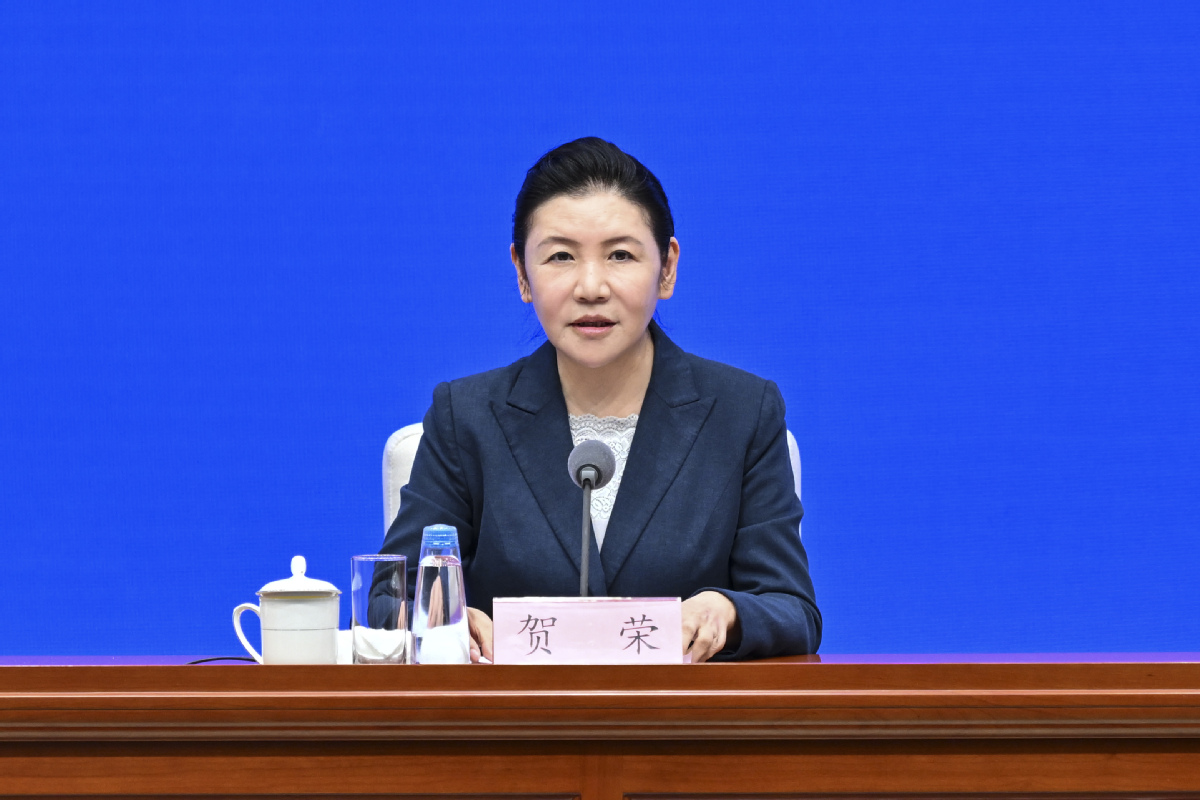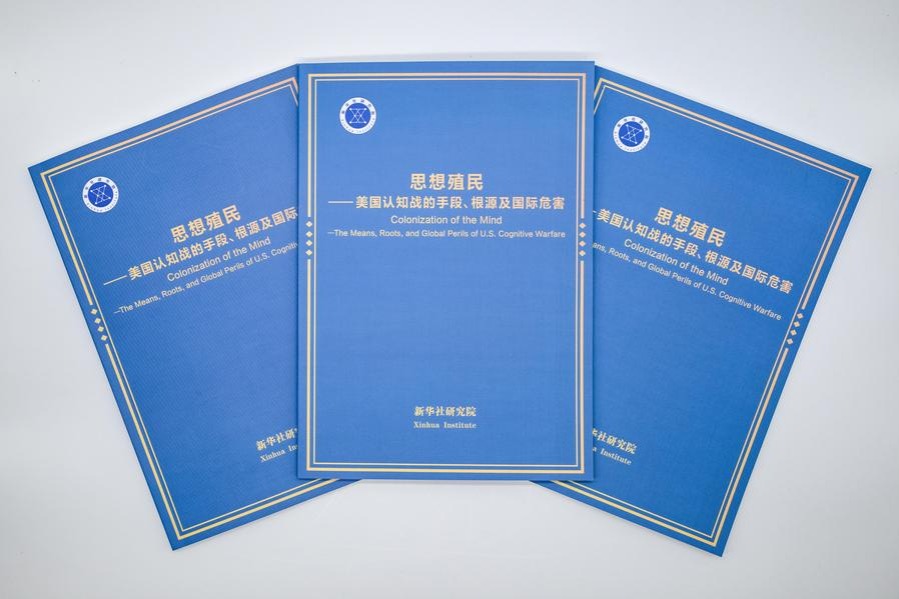Justice Ministry aids national five-year plan


The Ministry of Justice has provided robust legal support for the 14th Five-Year Plan (2021-25) over the past five years, officials announced on Monday.
At a news conference, Minister of Justice He Rong said the ministry has strengthened the development of laws and regulations in critical areas, emerging fields and foreign-related domains to support high-quality development.
Since the plan took effect in 2021, several significant laws and regulations have been enacted, including the Private Economy Promotion Law, the Food Safety Law, the Energy Law and interim regulations for unmanned aircraft flight management.
The State Council, China's Cabinet, has submitted 53 legislative proposals to the Standing Committee of the National People's Congress for deliberation and has formulated or amended administrative regulations 150 times, He said.
Vice-Minister of Justice Li Mingzheng said legislation has focused on addressing weaknesses and gaps.
"We have strengthened legal frameworks and regulations for new technologies and emerging industries such as the digital economy, autonomous driving, artificial intelligence and the low-altitude economy," Li said.
Since 2023, the ministry has stepped up efforts to address urgent legislative issues by leading or intervening in the drafting process, improving the efficiency of government legislation with broad public participation through legislative consultations and interpretations, Li said.
The ministry has worked with other departments to promote the formulation and amendment of laws and regulations, including the Food Safety Law, the Preschool Education Law and the Regulations on the Protection of Minors Online, to enhance inclusive and fundamental legal protections for livelihood issues, according to He.
China currently has 830,000 lawyers, 45,000 law firms, 67,000 arbitrators, 15,000 notaries, 40,000 forensic experts and 12,000 legal aid workers handling more than 40 million cases annually, according to the ministry.
"Public legal services have become more balanced and accessible, actively addressing the legal service needs of groups such as migrant workers, people with disabilities, the elderly, youth, military personnel and their families," He said. "Over the past five years, more than 170 million legal consultations have been provided."
The capacity for foreign-related legal services has also been enhanced as the country develops international first-class arbitration institutions and law firms, supporting the establishment of the Belt and Road Initiative legal service association. Chinese law firms have opened 207 branches in 37 countries and regions to assist citizens and enterprises in global ventures, He said.
Over the past five years, 16,000 foreign-related arbitration cases have been handled, with the total amount in dispute reaching 730 billion yuan ($102 billion).
In 2024 alone, more than 4,400 cases were accepted, an increase of 100 percent compared with 2020. In those cases, nearly 200 billion yuan was in dispute, up 136 percent from that year.
"China has gradually become a preferred destination for international commercial arbitration," He said.
lishangyi@chinadaily.com.cn
- Limited by eyesight, still squaring off with fists
- Justice Ministry aids national five-year plan
- Shoton soul in a yogurt bowl
- Naval gunner's attention to detail improves hit rates
- Tapah triggers evacuations, school closures in Guangdong
- 'Dehua' saves parents' time, helps youngsters earn pocket money





































